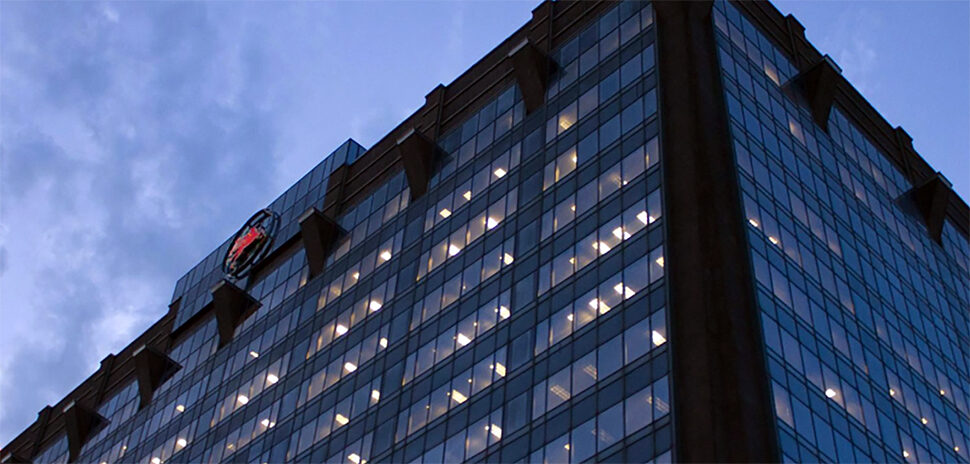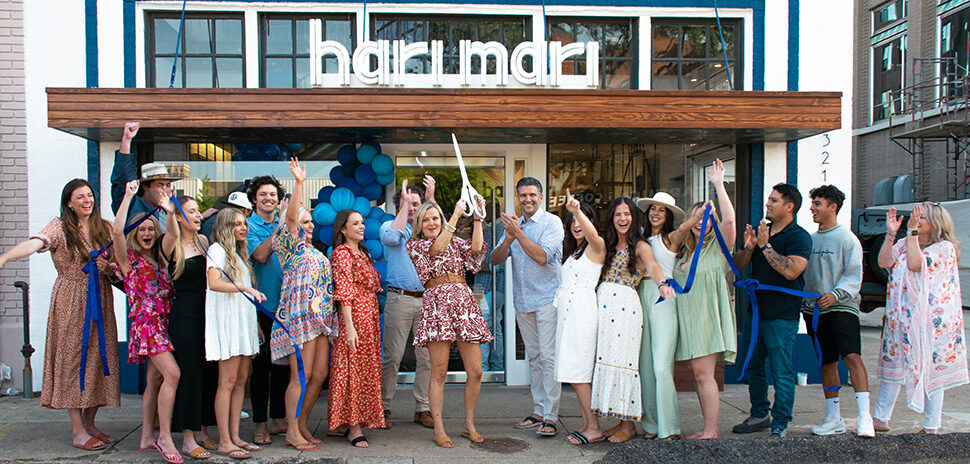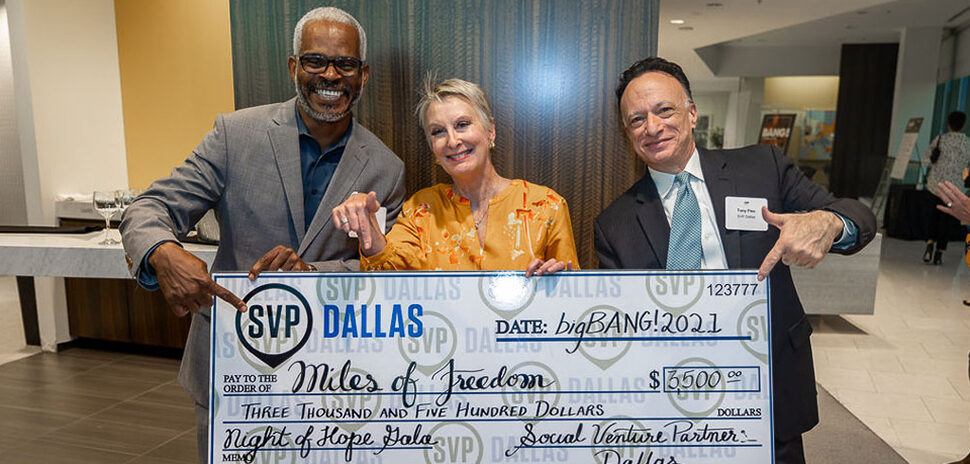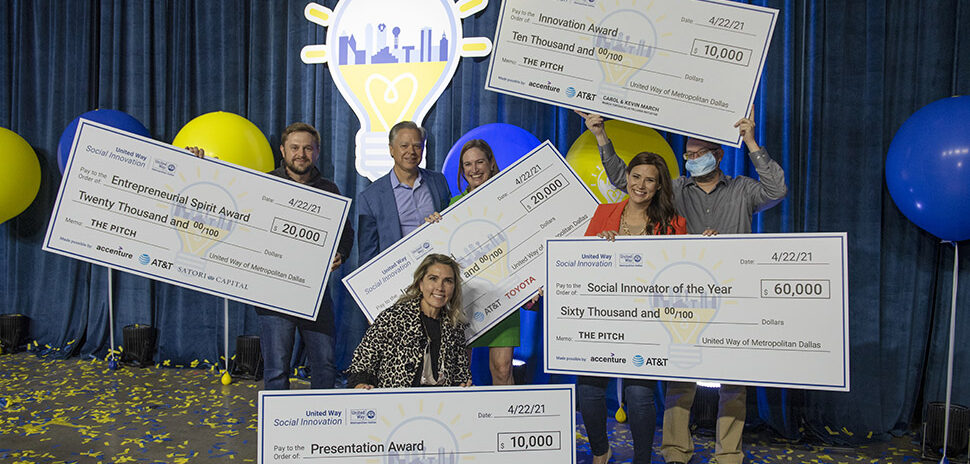A new year is always accompanied by a fresh sense of possibility. As I look to 2017, I’m drawing hope from the changes that I’ve seen in the private sector; more companies are moving away from strictly doing well, toward a focus on doing well by doing good.
Increasingly, Americans are not content with business as usual. As evidence, I offer three trends that exemplify capitalism being harnessed to drive positive social impact and restore equity. I’m confident that, together, these trends will magnify the scope of what’s possible in the year to come.
Three things that will accelerate change:
Millennials and their money.
Unless you’re a financial adviser, you may not be attuned to the significant transition that our economy has begun to undergo. As baby boomers retire in large numbers, they’re initiating what’s being heralded as the “greatest wealth transfer in history.” Estimates of the scope of this transfer vary, but according to a study by Accenture, the next few decades could see some $30 trillion in assets being passed down from the previous generation to their successors—primarily millennials.
Increasingly, investors want to know that their dollars are bringing about measurable, powerful change around issues that they care about.
So if you’re not a financial adviser, why should this matter to you? Wealth in hand, this new generation is already reshaping the way that capital is directed by bringing a lens of social impact to their investment decisions. A study conducted by Morgan Stanley found that millennials are twice as likely to invest in funds with specific social and environmental outcomes. Increasingly, investors want to know that their dollars are bringing about measurable, powerful change around issues that they care about.
This shift is evidenced by the nonstop growth of the impact-investing market, currently valued at $36 billion and rising. From user-friendly platforms geared toward individual investors such as Vested.org, to new funds from major financial institutions like Blackrock, more and more products are coming to market that offer positive social impact alongside financial returns.
Entrepreneurs such as Kesha Cash, founder of Impact America Fund, also are ready and able to meet this growing demand. Her venture capital fund invests in entrepreneurs using technology to improve the lives of Americans, particularly those in underserved markets. Kesha’s work provides a model for using economic empowerment as a pathway to promote equity. The success of venture funds like Kesha’s tells me that we won’t have to wait decades to observe the impact of this wealth transfer.
Leaders that break down barriers.
Much has been made of the impact of Millennials in the workplace. But I’m drawn to the statistic, from a survey conducted by Morgan Stanley, that this demographic is almost three times as likely to select a job because of sustainability concerns. Today, we’re asking job-seekers not what they want to be, but rather what problems they want to solve. The result is that more and more Americans are thinking about the impact they aspire to work toward as they make career decisions.
And millennials aren’t the only ones thinking this way. This emphasis on problem-solving has given rise to leaders that are ignoring traditional boundaries like sector in pursuit of dramatic results. Today’s successful social change leaders understand the complexity of our most pressing problems and the systems change required to move the needle on issues like inequality or poverty. They’re not interested in waiting for permission or being constrained by silos or preset career paths. Instead, they’re focused on leveraging the strengths of all sectors and maneuvering beyond ineffective boundaries to drive change.
Today’s successful social change leaders understand the complexity of our most pressing problems and the systems change required to move the needle on issues like inequality or poverty.
I look to my friend Justin Fairfax as the embodiment of this trend. Justin, who owns a dental practice with his wife and is a practicing lawyer, just announced his candidacy for lieutenant governor of Virginia in May. Justin is passionate about promoting economic security and opportunity, and he’s willing to take any path that enables him to affect change.
The premium on positive impact.
The same sensibilities that have shifted thinking about our investments and workplaces are shaping our behavior as consumers as well. A 2016 survey by international advertising firm Havas Worldwide found that 73 percent of consumers believe that companies have a responsibility to do more than simply generate profit; the proportion tends to be even higher when looking just at millennials. Whereas before, positive impact may have been a nice add-on for a company, today it’s increasingly become the expectation of the consumer.
Many of today’s most successful companies, such as TOMS Shoes or Warby Parker, are those that have kept their values steadfastly at the center of operations. Take Akola, the Dallas-based jewelry designer, for example. Founded in 2007, Akola connects Ugandan women with skills training and dependable, well-paying employment sourcing and assembling products. This economic security empowers women to support not only themselves but also their families and communities. The company has thrived, and the launch of a new partnership with Neiman Marcus has demonstrated that customers are willing to pay more for the confidence that their purchase catalyzes wider benefits.
In fact, all types of companies can capitalize on this trend in ways that speak to their mission and values. As a brand that seeks to be on the cutting edge of engineering and mobility solutions in cities, BMW’s MINI has partnered with HAX Futures to launch Urban-X, an accelerator that supports startups working to design and build smart cities of the future. Under the tagline “Engineering the City as a Service,” Urban-X provides companies with seed capital, software, makerspace and mentorship on business development and product engineering. More companies are finding creative opportunities to use their unique expertise and niche in the market to create broader positive impact in a way that’s true to their identity.
The question is not whether or not these trends will continue to shape our economy in the coming year. With the increasing demand for positive social impact, and a growing kit of economic tools with which to drive change, the question is whether we will fully capitalize on the vast potential that the future has to offer. I, for one, have entered the new year with an open mind and an optimistic take on what’s possible.
Delivering what’s new and next in Dallas-Fort Worth innovation, every day. Get the Dallas Innovates e-newsletter.




































































